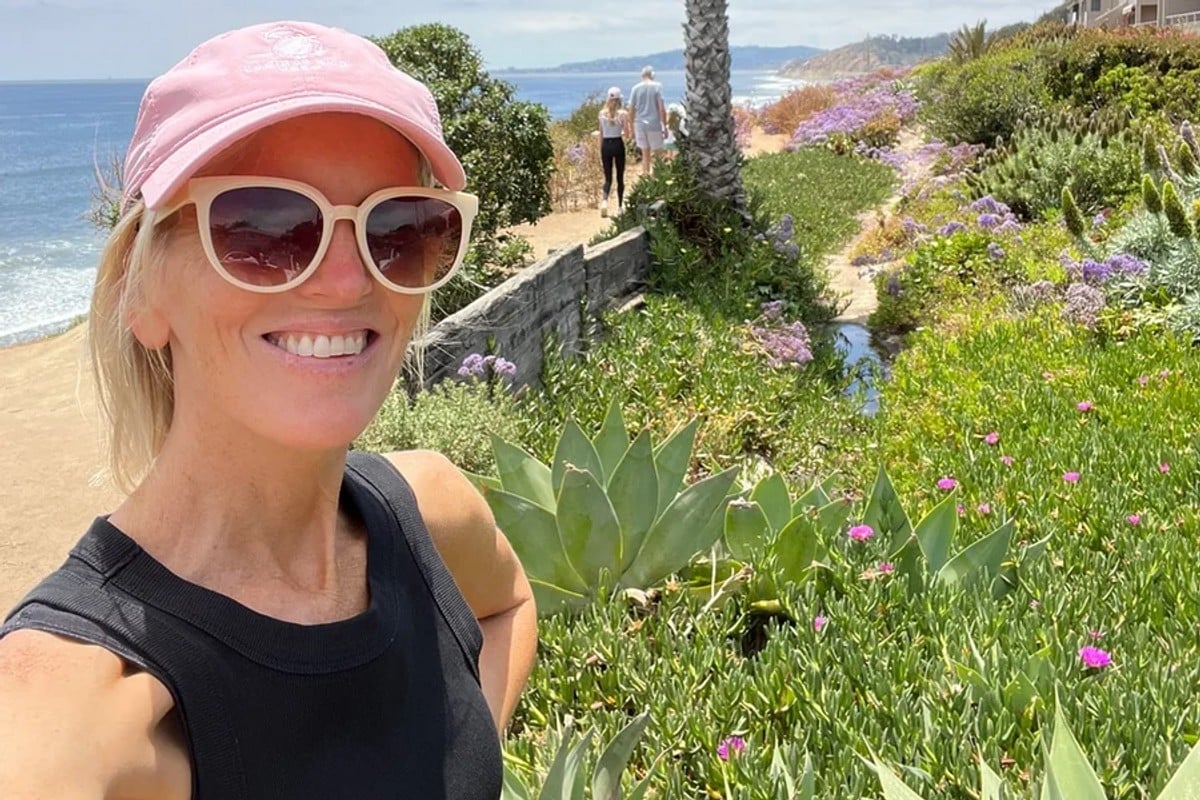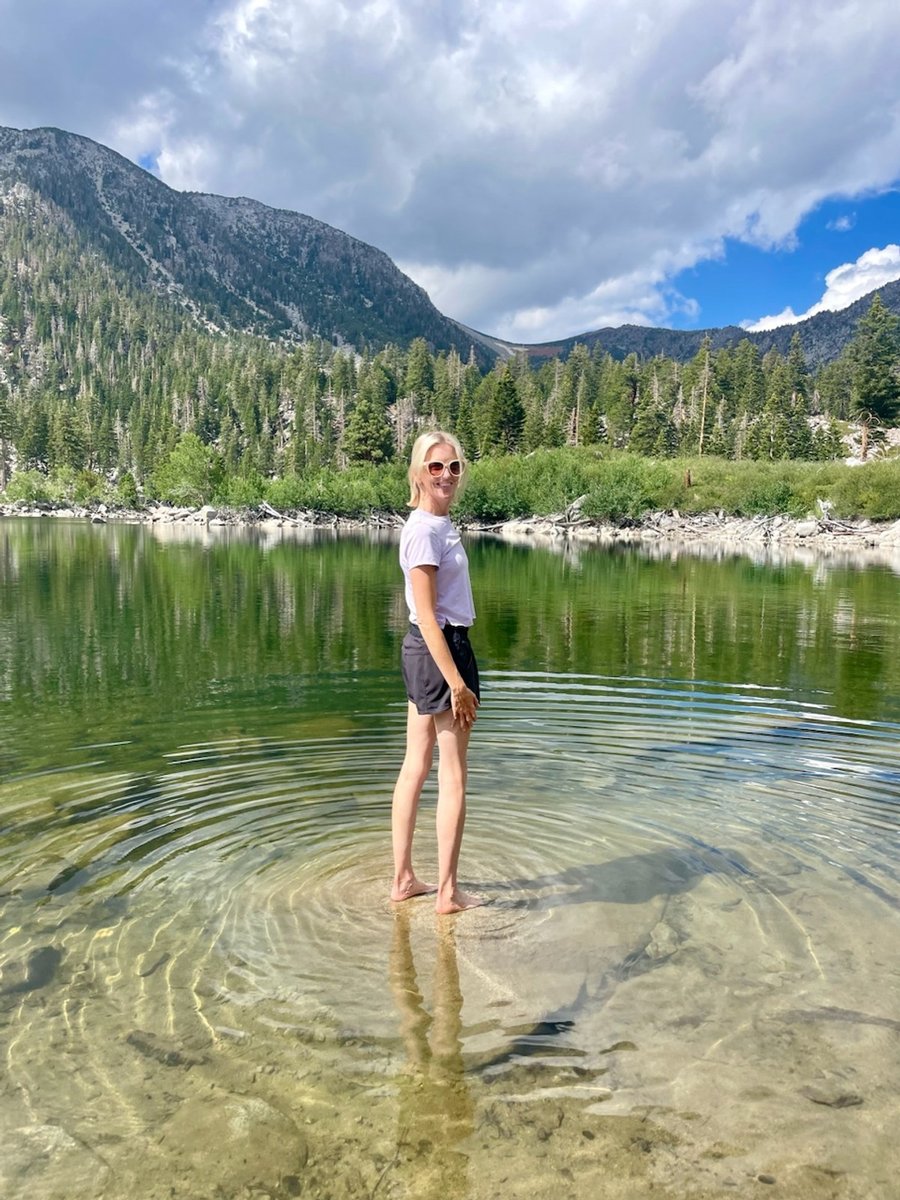
Maya Angelou once said, "When someone shows you who they are, believe them the first time." These words are often quoted to help us steer clear of unhealthy relationships, urging us to trust the warning signs. But as I reflect on my own journey, I realise this wisdom applies not just to people — but to alcohol.
For years, alcohol showed me exactly what it was: a deceptive friend that promised connection and fun, but too often delivered regret.
Growing up in Australia, where drinking feels like a national pastime, I learned early on that alcohol was woven into the fabric of our lives. From BBQs to birthdays, Friday knock-offs to long weekends, alcohol wasn't just a drink—it was a social glue. Like many Aussies, I started drinking young—regularly by 15. What began as a rite of passage quickly turned into a constant companion throughout my late teens and twenties.
My childhood memories are peppered with adults loosening up as the drinks flowed. The sound of clinking glasses signaled the start of the "real" fun. My parents would become funnier, more relaxed after a few wines, and the message was clear: alcohol made life lighter, brighter, more alive.
Yet behind that carefree exterior were moments of regret — mornings I longed to forget. The gaps in memory that should have made me question my habits. But like so many of us raised in this culture, I thought my relationship with alcohol was normal. We all drank like this. I never thought to stop.
In my twenties, my corporate job involved travel and attending big events and conferences. Drinking wasn't just OK; it was encouraged. I never saw declining a drink as an option. Drinking was part of the job, and admittedly, I didn't resist.






























































































